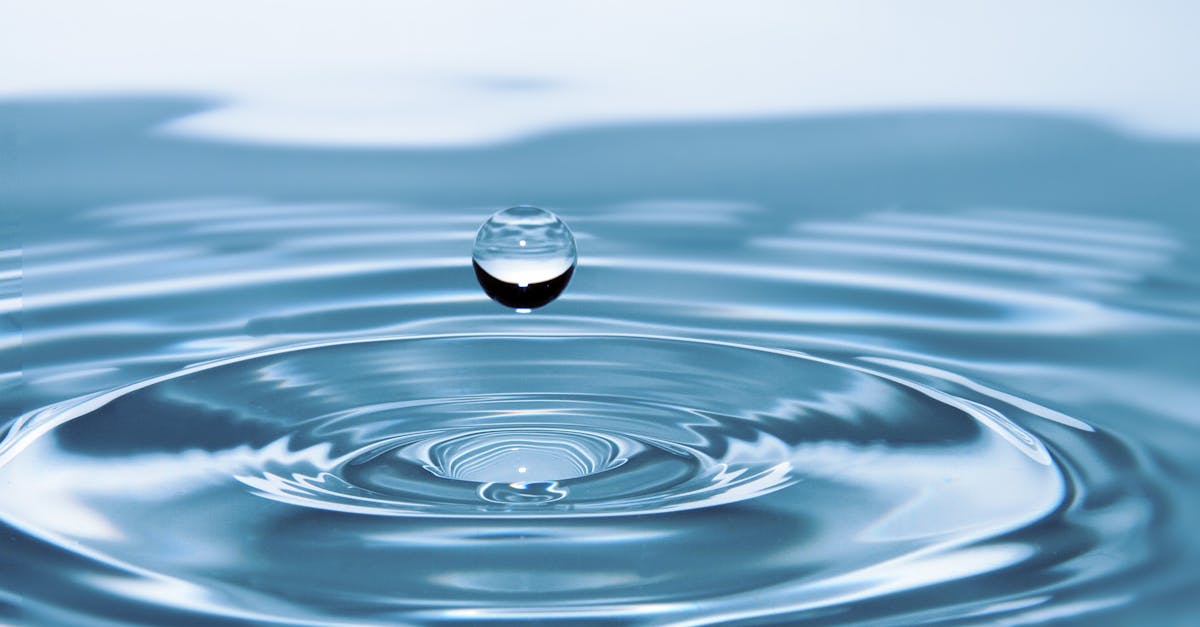FAQ: Understanding Water Quality
1. What is water quality?
Water quality refers to the chemical, physical, biological, and radiological characteristics of water. It determines the suitability of water for specific uses, such as drinking, recreation, irrigation, and industrial purposes.
2. Why is water quality important?
Maintaining good water quality is essential for public health, environmental sustainability, and economic stability. Contaminated water can lead to health issues, harm aquatic ecosystems, and reduce agricultural productivity.
3. What are the main factors affecting water quality?
Several factors impact water quality, including:
- Natural factors: Geology, weather, and soil composition.
- Human activities: Industrial discharges, agricultural runoff, urbanization, and waste disposal.
- Biological factors: Presence of microorganisms and algae.
4. What are common water contaminants?
Water contaminants can include:
- Chemical pollutants: Heavy metals, pesticides, and fertilizers.
- Biological contaminants: Bacteria, viruses, and parasites.
- Physical pollutants: Sediments and debris.
- Radiological pollutants: Radon and radioactive isotopes.
5. How is water quality measured?
Water quality is assessed using various parameters such as:
- pH levels: Indicates acidity or alkalinity.
- Dissolved oxygen: Essential for aquatic life.
- Turbidity: Measures water clarity.
- Nutrient levels: Includes nitrogen and phosphorus concentrations.
- Presence of contaminants: Tests for bacteria, metals, and chemicals.
6. Can poor water quality affect human health?
Yes, consuming or using poor-quality water can lead to health problems such as gastrointestinal illnesses, neurological disorders, reproductive issues, and exposure to toxic substances.
7. How can water quality be improved?
Improving water quality involves:
- Reducing pollution: Implementing stricter regulations on waste disposal and industrial practices.
- Conservation efforts: Protecting wetlands and watersheds.
- Treatment processes: Using filtration, disinfection, and purification technologies.
- Community education: Promoting awareness about water protection.
8. What role does water quality play in ecosystems?
Water quality is vital for maintaining healthy ecosystems. It ensures the survival of aquatic species, supports biodiversity, and sustains the balance of natural habitats.
9. How can individuals help protect water quality?
Everyone can contribute by:
- Properly disposing of waste and chemicals.
- Minimizing the use of pesticides and fertilizers.
- Participating in local clean-up efforts.
- Conserving water to reduce wastewater.
10. Is bottled water safer than tap water?
Not necessarily. Bottled water and tap water are subject to different regulations. In many cases, tap water is rigorously tested and treated to meet safety standards, while bottled water may not always offer added benefits. Always check the source and quality of bottled water before consuming.
11. Where can I find information about local water quality?
Local water quality information can be obtained from municipal water authorities, environmental agencies, or online databases like the EPA’s Water Quality Portal. Regular water testing is also recommended for private wells.
Understanding water quality is crucial for ensuring health, protecting the environment, and sustaining life. By staying informed and taking action, we can work together to maintain clean and safe water for future generations.

